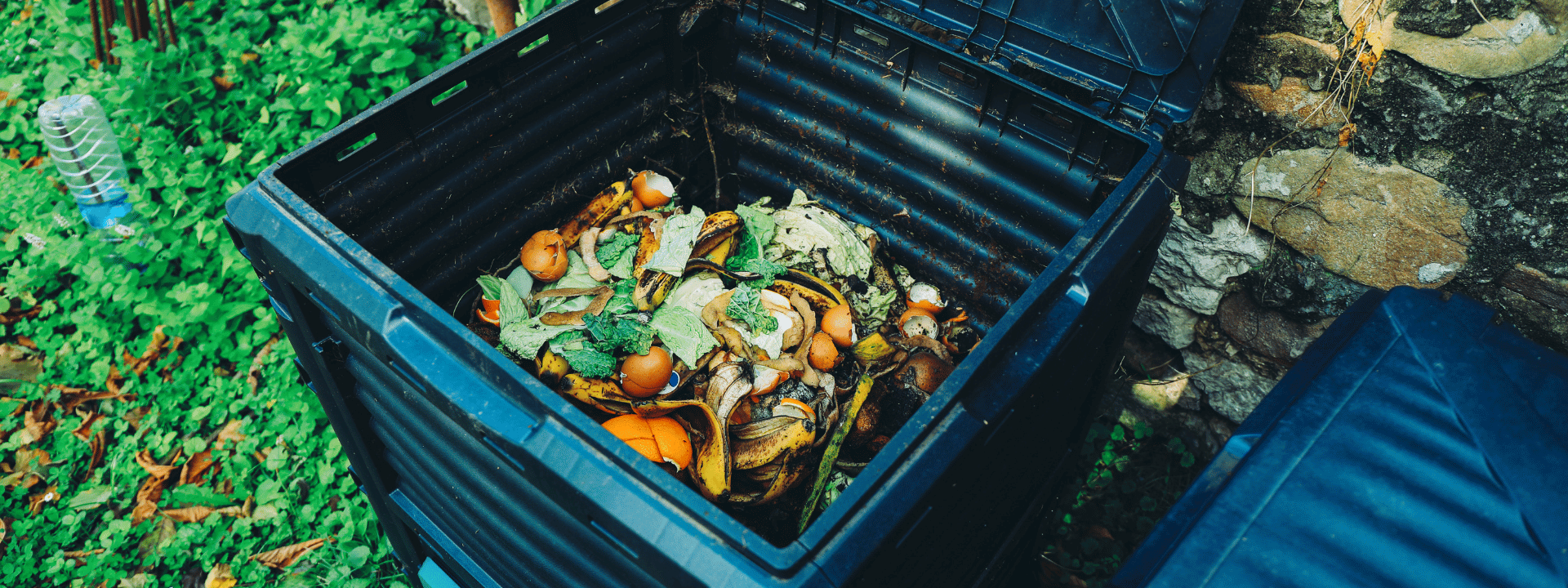How To Become A Compost Master
As organic materials break down in landfills, they release a hazardous substance known as methane. This greenhouse gas is 25 times more potent than carbon dioxide, meaning it is significantly more effective at trapping heat, exacerbating the ongoing climate crisis. To make matters worse, Canadian landfills account for 24% of our country’s methane emissions.
Fortunately, we can cut down our emissions through composting. Composting is a sustainable alternative for food disposal that;
- Prevents the release of methane.
- Improve soil quality and fertility, reducing the need for synthetic fertilizers.
- Recycles essential nutrients back into the soil.
Despite these benefits, 11 million tonnes of food produced in Canada still become food waste. If this waste is composted, it ensures that all resources (water, energy, land, etc.) that go into food production are not lost. So why aren’t more people composting?
Besides the common excuses for environmental inaction, many people are discouraged from composting because they do not know what can/cannot be composted, they fear that it may release odours, or that it could attract pests.
The good news is that composting doesn’t have to be an overwhelming task. Below are 5 tips to help ease your composting journey.
Choosing A Composting Location
Whether you have a large backyard or live in an apartment building in the city- you can become a compost master from wherever! When composting outdoors, a prime location to start a compost pile has good drainage and partial shade.
When composting indoors, all you need is a decent bin with a lid. These bins range in style and price, ensuring that there is one that meets the needs of everyone. In addition, checking to see what composting services are available in your neighbourhood is always a good start. Some cities have programs that pick up compost along with your trash and recycling, while others may have community gardens that accept compost.
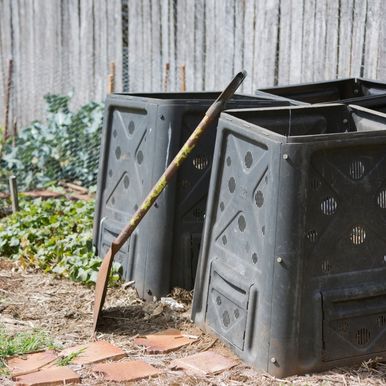
How To Start A Compost Bin
It is best to start with bulky, brown items at the bottom, and then alternate between layers of green and brown.
Balancing layers of carbon (brown compost) sources and nitrogen (green compost) sources throughout your compost can help break down the organic material faster and avoid producing any nasty smells.
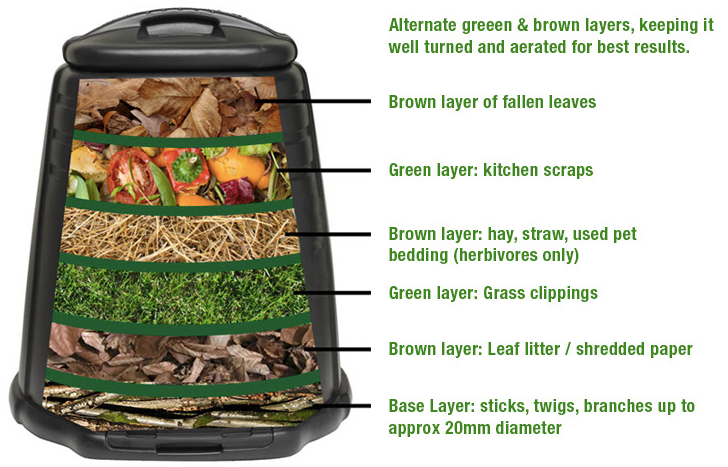
What Can I NOT Compost
Here’s a list of commonly composted materials, and ones you should avoid!
Green Compost | Brown Compost | NOT Compost |
Fruits Veggies Eggshells Hair or fur Tea bags Coffee grounds Grass clippings | Newspaper Napkins Paper towel Dried leaves Cardboard (non-coated) Sawdust Egg cartons | Dairy Meats Human or pet waste Grease/oils/fats Bones Onions or garlic Shellfish |
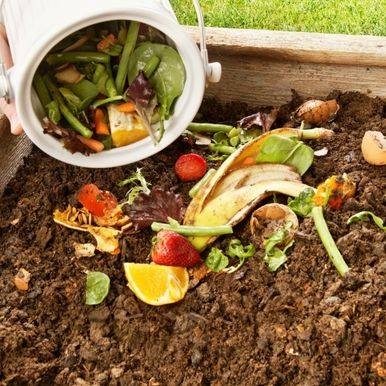
Author
Hanna Patrick
With a passion for supporting mental health, and working towards a degree in Health Sciences with a specialization in health promotion, Hanna understands how important preserving nature is for good health.
Join Our Email Community
Gain exclusive access to green trends, tips, and tricks when you sign up for our free newsletter. Enter your email to join our community of changemakers!
Home Composting Tip: Mind The Moisture!
You want your compost to be moist, so adding water to the pile may be necessary from time to time.
On the other hand, if the compost feels like it may be too moist, turning the compost or adding more brown materials, such as a handful of shredded newspaper or leaf matter, can be beneficial. It’s all about balance!
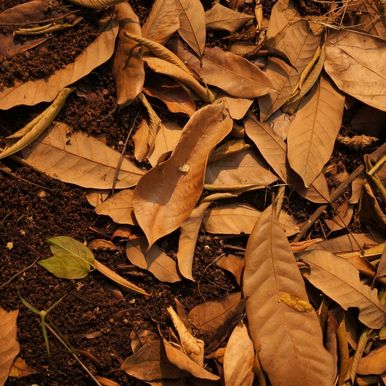
How To Compost: Cut and Shred
Cutting and shredding materials is not required, but it does make a difference. Before throwing them into the compost, making materials into smaller pieces will help them decompose quicker. Smaller materials allow for more aeration and are easier to keep properly moist.
The nice thing about composting, is that realistically all you have to do is throw some stuff into a pile, and nature takes it from there! There are millions of sources online to help you through your journey, so it doesn’t have to feel like an impossible task.
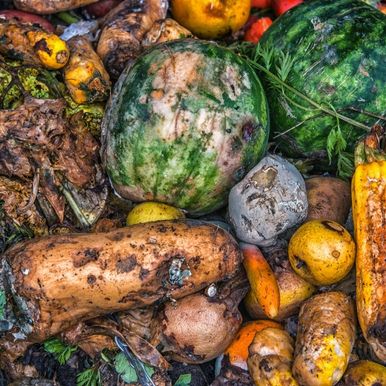
Are you ready to start composting?
📲 This is a Green Act you can log on our mobile App!
There are over 40+ different Green Acts you can log to help track your impact.
Download it for free to get inspiration on actions you can take to help our planet.
Earn Green Points and redeem for rewards from eco-friendly businesses and services from our member community.

If you liked this article, learn more about composting in the winter here.
Do you want to encourage others to start composting their food scraps?
Feel free to share them along with this article on your socials!
composting for beginners
how to start composting
More Blog Posts:
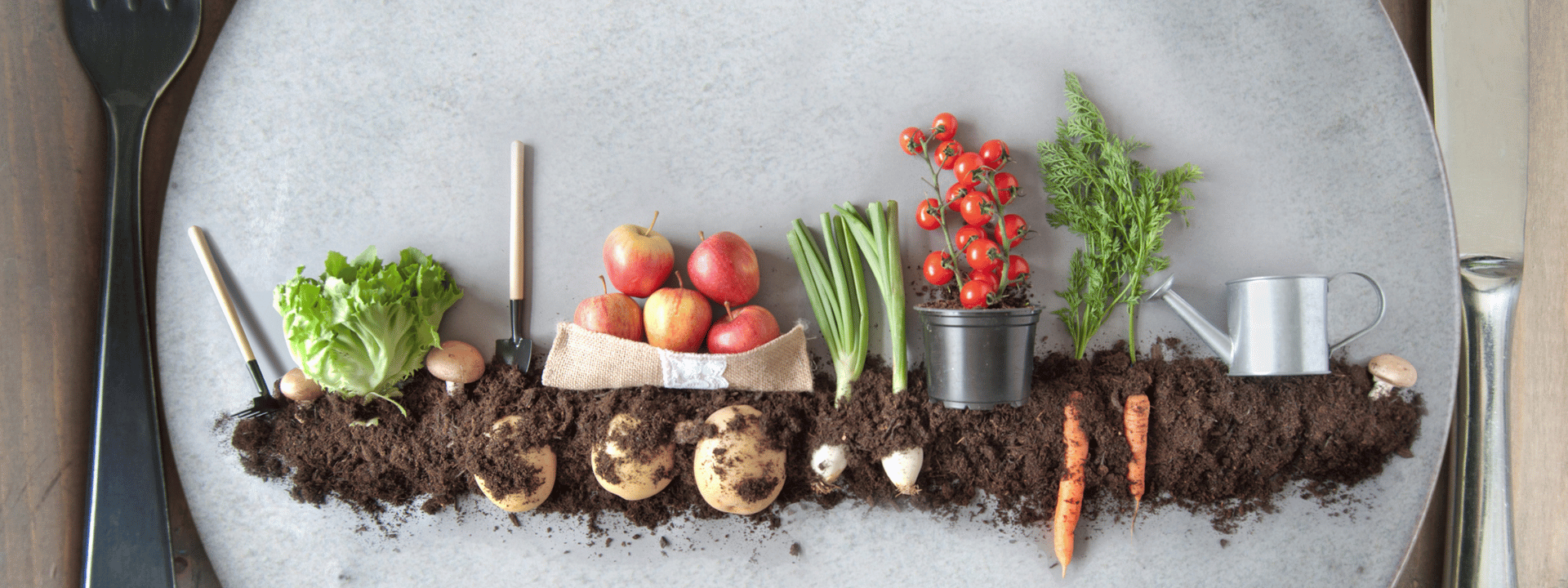
The Guide to Veganuary!
Whether you are going full vegan or starting to eat less meat, our guide to veganuary will help you go plant-based in 2023.
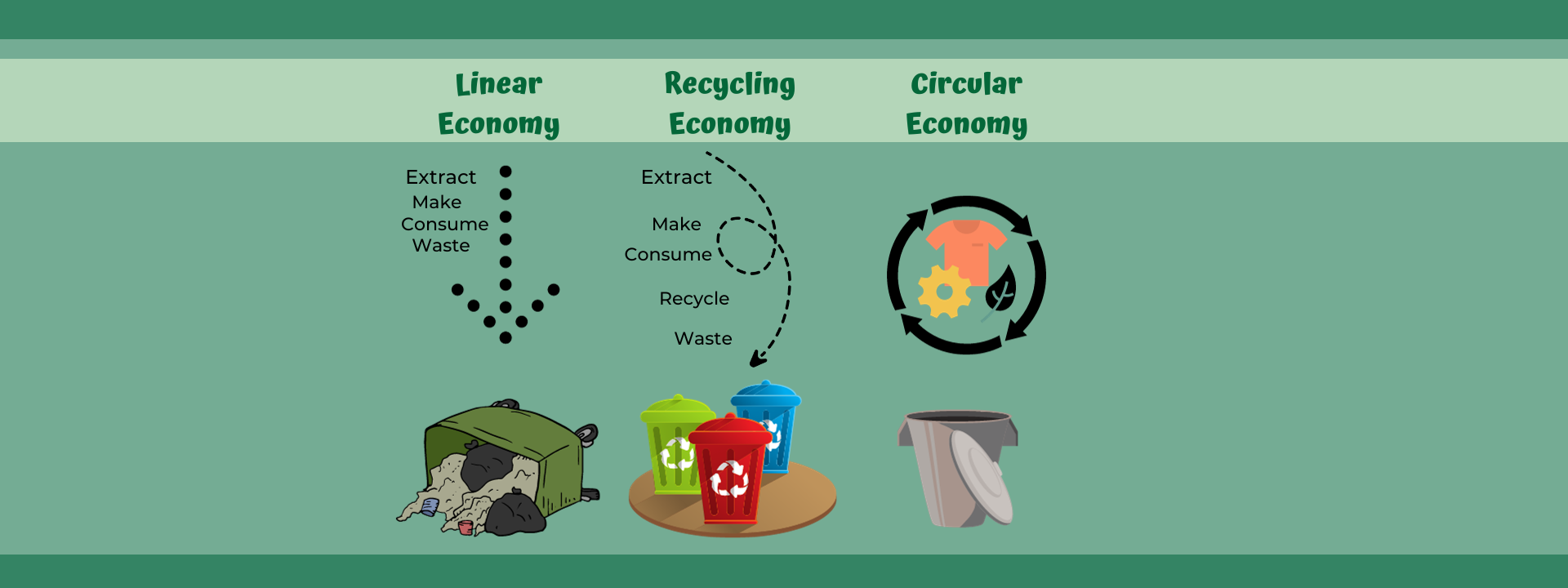
5 Circular Economy Companies in Canada To Celebrate Waste Reduction Week
Say hello to 6 Circular Economy Companies in Canada this October as we Celebrate innovators during Waste Reduction Week.

